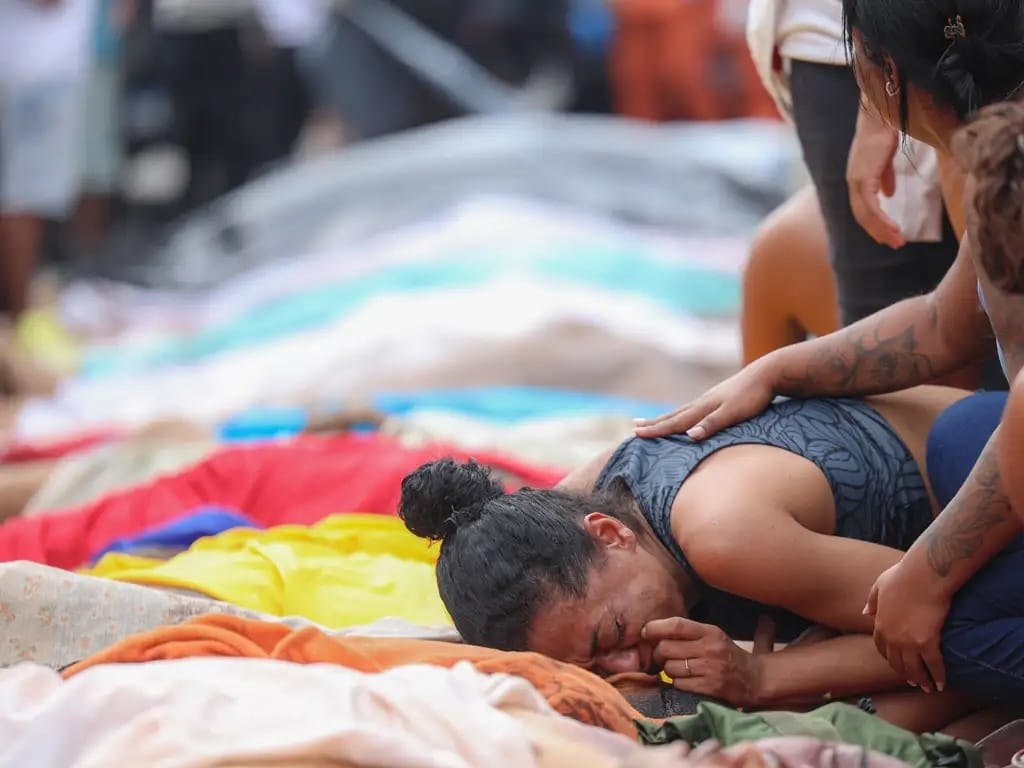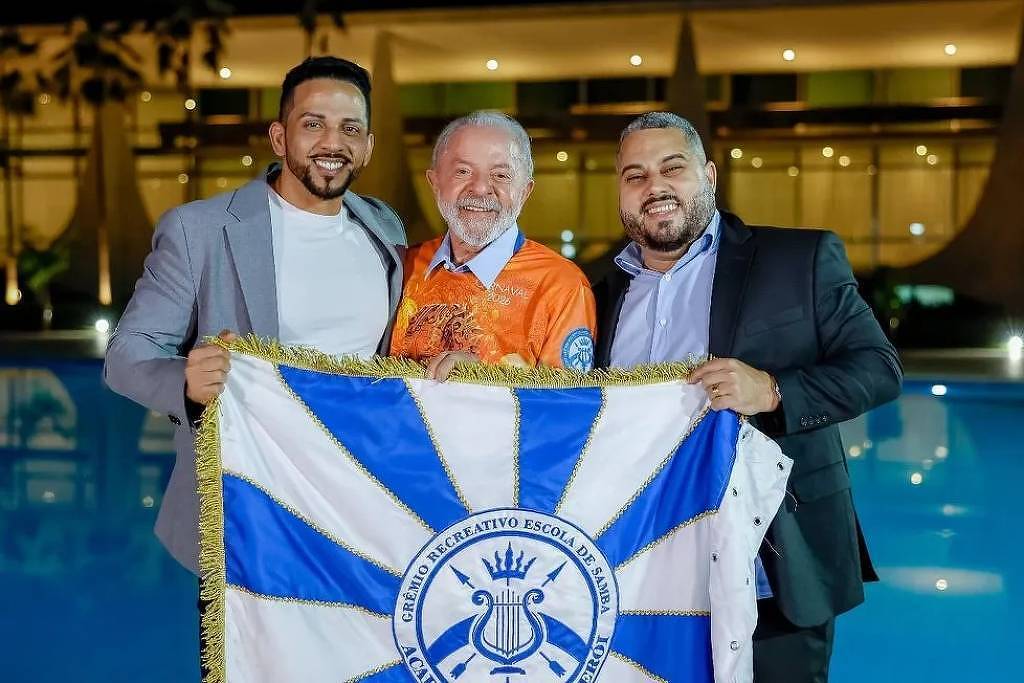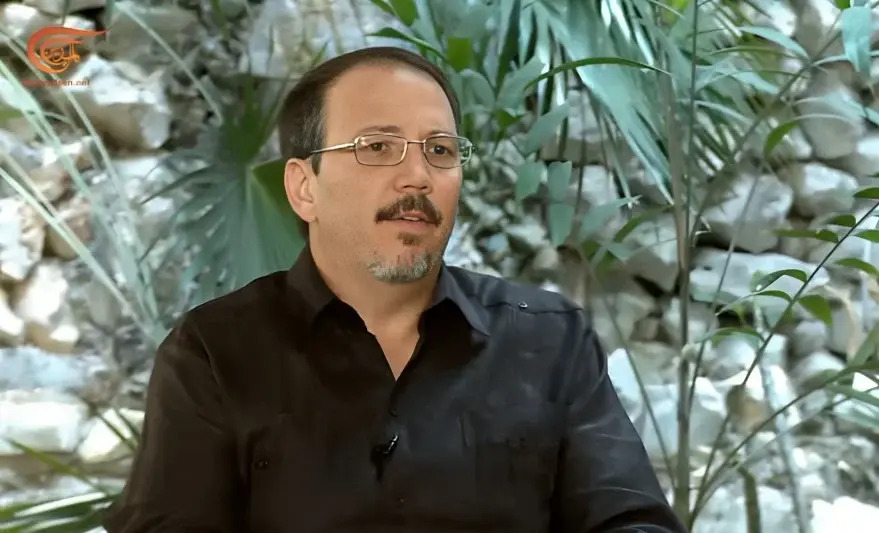URBAN VIOLENCE
Amid Rio’s corpses, a political project

Residents of the Penha and Alemão favela chains found dozens of corpses in the aftermath of Tuesday’s massive police operation. They denounce a massacre. Photo: Tomaz Silva/EBC
The deadliest police operation in Brazilian history — one that left at least 121 people dead in two favela chains — has quickly turned into a political battlefield, a contest over who controls the narrative on public security. The issue dominates voters’ concerns heading into Brazil’s next election cycle.
Despite the sheer human toll, Governor Cláudio Castro of Rio de Janeiro congratulated his administration for the operation, which he called a success. “The only victims were the four killed police officers,” he said, minimizing civilian casualties as dead criminals. Human rights groups and local associations denounced a massacre, citing bodies with signs of torture (some had dismembered limbs and heads) and others with execution-style bullet wounds…

🔒 This was a free preview; the rest is behind our paywall
Don’t miss out! Upgrade to unlock full access. The process takes only seconds with Apple Pay or Stripe. Become a member.

Why you should subscribe
We’re here for readers who want to truly understand Brazil and Latin America — a region too often ignored or misrepresented by the international media.
Since 2017, our reporting has been powered by paid subscribers. They’re the reason we can keep a full-time team of journalists across Brazil and Argentina, delivering sharp, independent coverage every day.
If you value our work, subscribing is the best way to keep it going — and growing.
A MESSAGE FROM THE BRAZILIAN REPORT

This Tuesday, deputy editor Euan Marshall hosted a debate on the climate challenges facing Brazil — and the world — as the Amazon prepares to host the UN Climate Conference (COP30), starting on November 10.
If you missed it, never fear! You can check out our sleek, sharp guide with all the key takeaways you need to navigate the scientific and political intricacies of COP30 — undoubtedly decisive for the future of the planet. It covers:
Why COP negotiations are urgent — and how plans could be achievable
How to ensure indigenous participation in climate projects
What’s missing in the international climate finance architecture
What to expect from COP and from Brazil’s leadership
Check out expert insights from leading experts on climate projections, international negotiations and the practical implementation of environmental policies.
Last but not least, you will have access to the full replay of the debate.
Interested in advertising with us? Get in touch.
Need a special report? We can do it.
Have an idea for an article or column? Pitch us









